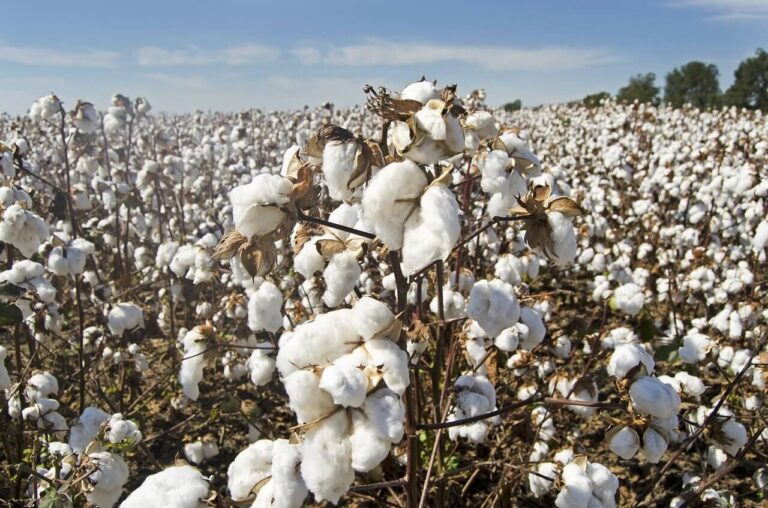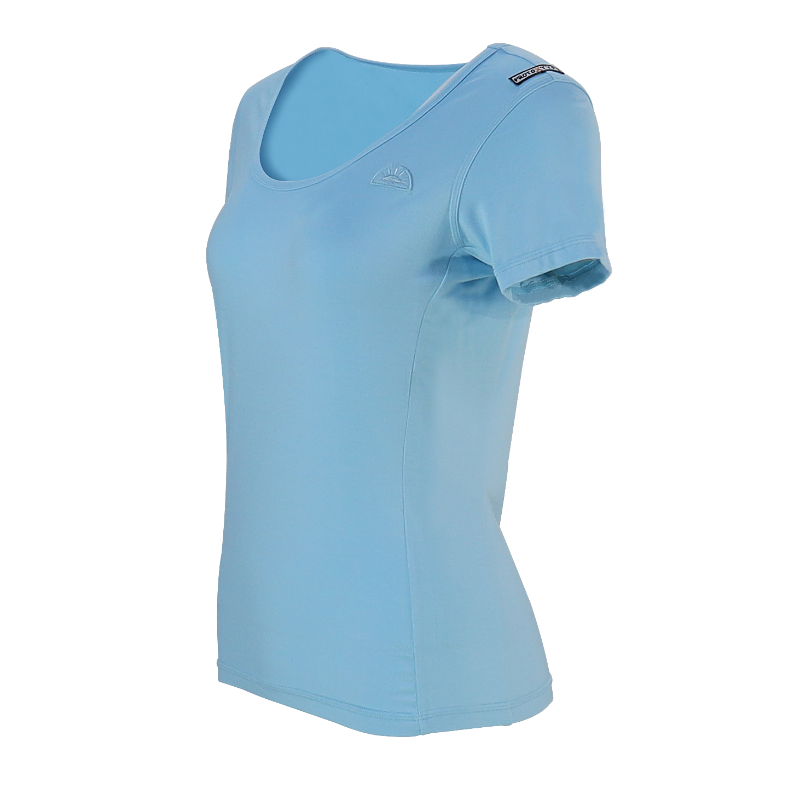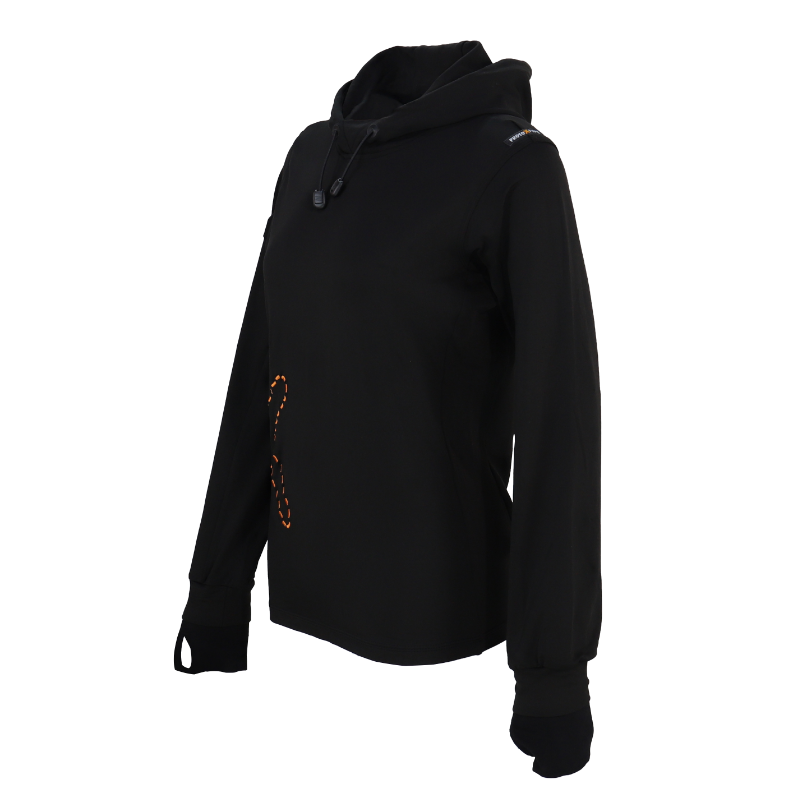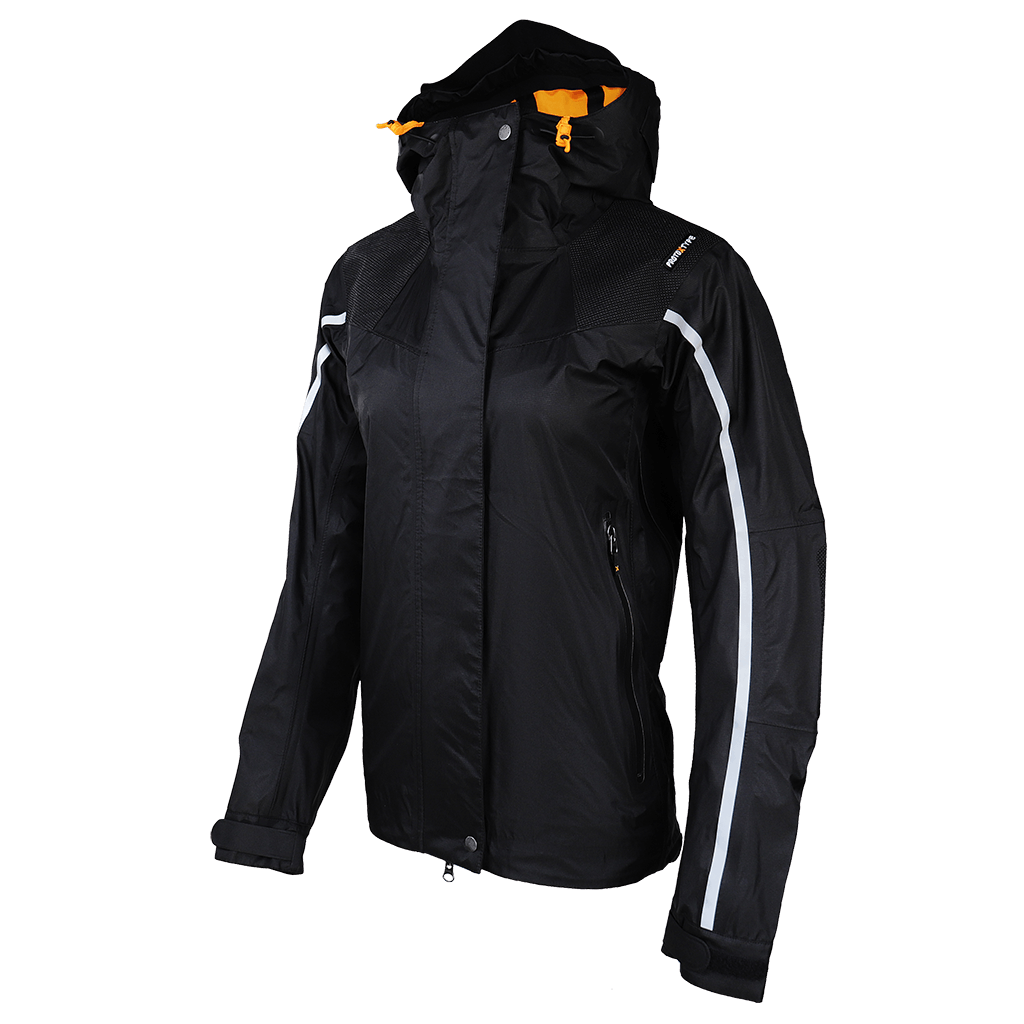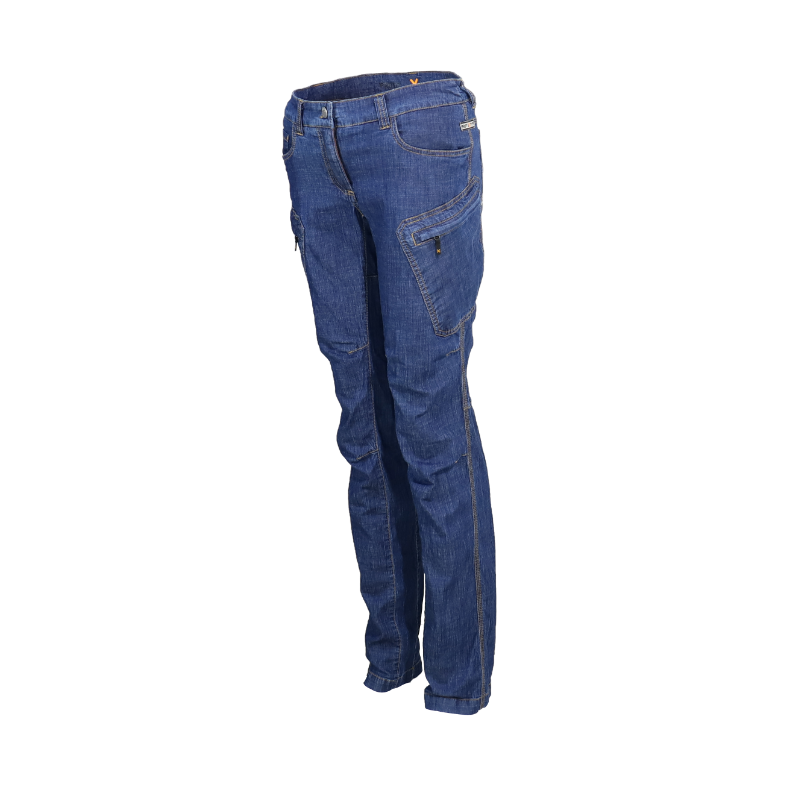We’ve already talked about some of the benefits of organic cotton and why it is one of the textile fibers preferred by ProtoXtype for the realization of its collections .
As we know organic cotton is the sustainable alternative to standard cotton. Cos, Levi’s and many other brands have decided to include it in their new collections and we already know why it is so loved. Organic cotton is in fact a naturally cotton grown with methods and products that have a low impact on the environment. All the weeds present in the crops are eliminated manually, and pest control is done naturally. Furthermore, for the production of organic cotton, organic production systems are used to fertilize the soil and the use of chemical pesticides and fertilizers, toxic and persistent in the cotton itself and in the environment, is completely eliminated.
Organic cotton was also at the time of COVD-19 the winning choice among the different textile industries. In fact, despite the crisis, which has led to a sharp decline in the demand and production of traditional cotton, organic cotton is increasingly in demand and the number of fashion brands moving towards the sustainable “twin” of white fiber, all in the name of a sustainability increasingly requested and sought after by customers and our environment.
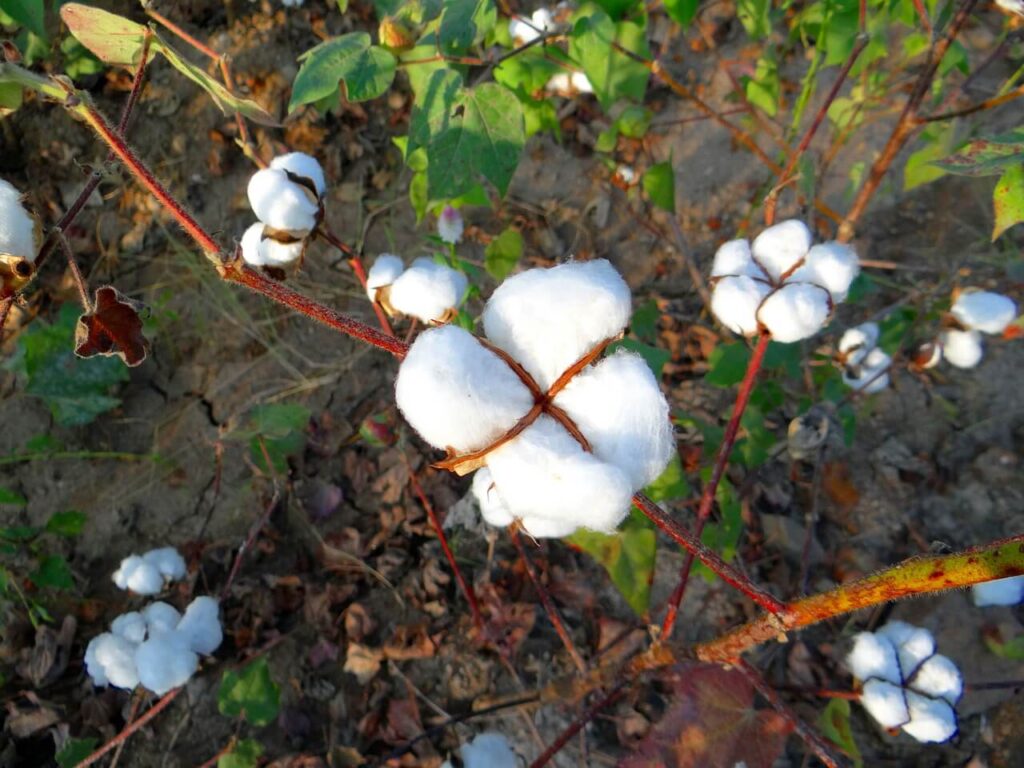
Differences between cotton and organic cotton.
But what really differentiates it from traditional cotton fiber? The real benefits of organic cotton are not only social, but also environmental. This is demonstrated by the study commissioned in 2014 by Textile Exchange to LCA (The Life Cycle Assessment), an international organization that measures the sustainability of a product by evaluating its entire life cycle. According to the results, compared to the standard one, the organic cultivation of cotton lowers the risk of global warming by 46% and that of acidification of the soil and water by 70%. It also reduces the eutrophication phenomenon by 26%, due to soil depletion and the release of pesticides and fertilizers that pollute the water and kill the ecosystems of rivers, lakes and coasts, and by 62% the use of non-renewable energy . The increase in the use of this fiber is now unstoppable: in 2019 alone the fiber represented 23% of the global production of yarns, compared to 0.68% of the global production of the same yarn in 2017-18.
A transition towards more sustainable systems is therefore evident and the choice of organic cotton undertaken by ProtoXtype for years has proved more successful than ever.

